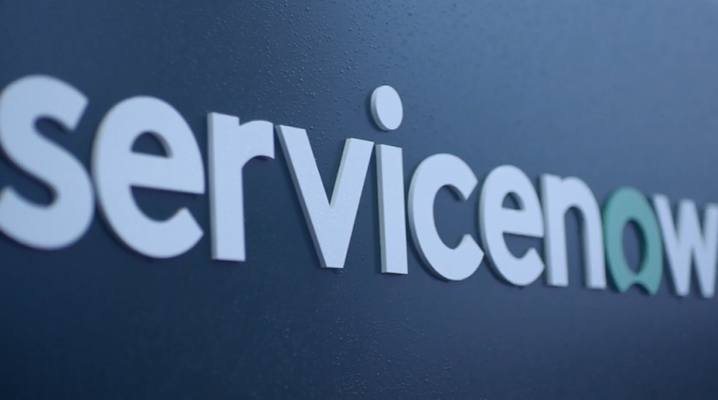 SECURITY
SECURITY
 SECURITY
SECURITY
 SECURITY
SECURITY
ServiceNow Inc. introduced new integrations with Microsoft Corp. products during its Knowledge 2021 virtual conference today that promise to make enterprises’ cybersecurity operations more efficient.
In the big picture, the features will also enhance the company’s “platform of platforms” value proposition for large enterprises.
Publicly traded ServiceNow provides a cloud platform for managing a company’s information technology activities. The product is used by administrators to perform the general tasks that make up the core of their work, such as opening support tickets and sharing data about technical issues with colleagues. ServiceNow also offers a range of more specialized features, including for cybersecurity.
Today’s Microsoft-related product updates will extend ServiceNow’s cybersecurity capabilities, mainly by automating a number of common chores to save time for administrators. The first two integrations are with Microsoft Teams and SharePoint.
Companies using Microsoft Teams will gain the ability to set up a workflow in ServiceNow that detects when there’s a cybersecurity issue and automatically creates a chat channel where administrators can collaborate on the incident. The idea is to save time and at the same time make incident response more organized. Data shared in the automatically created Microsoft Teams channel is synced back to the incident log inside ServiceNow.
The SharePoint integration, in turn, is designed for cases when a chat channel is not sufficient to share the data related to an incident. ServiceNow will gain the ability to automatically create SharePoint folders for storing incident-related files. The folder-based approach should be handy when there’s a particularly complex issue, such as an active data breach, that requires multiple teams to work side by side.
Collaboration isn’t the only aspect of incident response that ServiceNow aims to simplify. The company is linking its platform to Microsoft’s Threat Vulnerability Management tool to power a new feature that identifies the most urgent cybersecurity issues administrators should fix. Incident severity is determined based on multiple factors, including the importance of the affected systems.
The feature is one of the most significant in the entire update lineup. Earlier this month, Cisco Systems Inc. announced a deal to acquire Kenna Security Inc., which uses machine learning to help administrators identify the most severe security vulnerabilities they should tackle first.
Automated vulnerability prioritization has become a key feature because IT teams often don’t have the resources to tackle all outstanding security issues at once. As a result, they must carefully choose what problems to fix and in what order to minimize their companies’ attack surface.
Capping off the Microsoft-related updates announced at Knowledge 2021 is an integration with Azure Sentinel. Azure Sentinel is a SIEM, or security information and event manager, that allows administrators to view alerts from multiple cybersecurity systems in one place. The integration will make it easier for IT teams using ServiceNow to access that information.
By folding yet more parts of IT teams’ workflows into its platform, ServiceNow can enhance its platform’s value as a central hub for managing all aspects of a company’s technology operations.
“Nearly 80% of the Fortune 500 rely on ServiceNow’s ‘platform of platforms,’” said Lou Fiorello, the vice president and general manager of security products at ServiceNow. “More and more, customers are seeing the value of running security operations processes on the platform, leveraging enterprise business context, and automating workflows across the enterprise in real-time.”
Support our mission to keep content open and free by engaging with theCUBE community. Join theCUBE’s Alumni Trust Network, where technology leaders connect, share intelligence and create opportunities.
Founded by tech visionaries John Furrier and Dave Vellante, SiliconANGLE Media has built a dynamic ecosystem of industry-leading digital media brands that reach 15+ million elite tech professionals. Our new proprietary theCUBE AI Video Cloud is breaking ground in audience interaction, leveraging theCUBEai.com neural network to help technology companies make data-driven decisions and stay at the forefront of industry conversations.